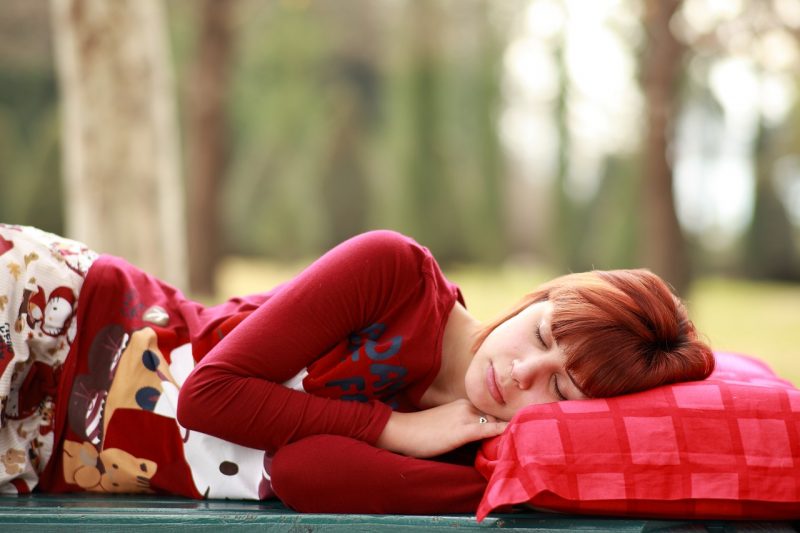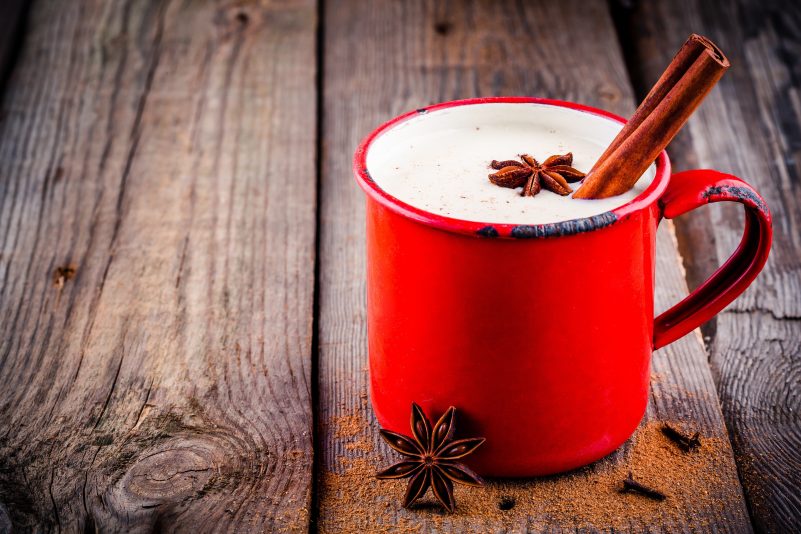Many people use sleeping aids and pills to get a good night’s rest. Should they be worried about worsening high blood pressure?
A new study has linked the use of sleeping pills in older-adult patients with an increase in high blood pressure medication years later (1).
What does this study mean to you?
Here’s what the study showed, what it didn’t, and tips on natural strategies to improve sleep.
New Sleeping Pills Increase High Blood Pressure Study
Participant Age and Condition
The study involved 752 people. The participants had an average age of 69 years and were about 50/50 men and women.
All the participants had already been diagnosed and treated for high blood pressure.
Sleep Assessment
In terms of sleep, many of the participants also struggled with good quality and quantity of sleep.
They self-reported sleep duration of slightly less than 7 hours of sleep per night (this was the mean). 37% of participants reported poor sleep quality, and 16.5% reported use of sleeping pills.
Link: Sleeping Pills Increase High Blood Pressure Medication
During the follow-up period of this study, 156 participants, which was about 20%, increased blood pressure medication.
When other variables were accounted for, researchers found that the increase in blood pressure medication use was:
- NOT associated with sleep quality
- NOT associated directed with sleep quantity
- POSITIVELY ASSOCIATED with sleeping pill use
Study Observations and Conclusions
The researchers suggested a few reasons that sleeping pills may cause changes in blood pressure and medication use.
- Hypnotic agents in sleeping pills may induce an increase in heart rate (tachycardia), which can increase blood pressure
- Some sleeping pills may increase sleep-disordered breathing, which can increase blood pressure
- There may be other underlying sleep disturbances that influence blood pressure not measured
- Participants with poorer sleep may reduce physical activity over time due to sedation, which may increase blood pressure
What the Study Means and Doesn’t Mean
This study shows that there may be a link between sleeping pills and an increased need for anti-hypertensive medications in the years that follow.
However, it was NOT a double-blind, placebo-based study in which researchers found that giving participants sleeping pills causes an increase in blood pressure.
What’s more, since the sleep quality and duration were self-reported, there is a possibility that they are not entirely accurate.
While different types of studies are useful and important, they are not all the same, and cannot all establish cause and effect. It’s crucial to know the difference when drawing conclusions.
Study Take-Aways
While no cause and effect conclusions can be drawn, it is still worth noting that the use of sleeping pills may have negative health consequences.
On the other hand, good-quality sleep is one of the most important lifestyle aspects of overall health and healthy aging.
If at all possible, use natural sleep strategies to get 7-9 hours of good quality sleep every night. Here are a few.
Natural Sleep Strategies
There are many different strategies you can use to improve sleep. Some of them are quick fixes, and some are lifestyles changes.
If you’d like to improve sleep and avoid taking sleeping pills, here are 6 Naturals Strategies you can use starting today.
1. Start the Day with Natural Sunlight.
Believe it or not, a good nights sleep starts in the morning. Getting out early in natural sunlight can improve your natural melatonin and sleep-hormone balance.
This works with your body’s natural 24-hour circadian rhythm to induce wakefulness during the day, and sleep at night.
2. Avoid Screen Light at the End of the Day.
There’s little doubt that our ever-growing use of screens is affecting our health and our sleep. Experts surmise that the artificial blue-light emitted by screens negatively affects our sleep hormones.
In fact, a 2017 study found that both light intensity and wavelength altered normal body changes that typically induce sleep (changes in body temperature, melatonin levels, etc). These changes both disturbed sleep and morning alertness (2).
3. Use Prayer and a Gratitude Journal Before Bed
Stress also affects sleep. One of the best ways to deal with stress?
Prayer and gratitude.
If you get in the habit of praying, writing down and/or releasing your stress to God, and listing a few gratitudes before bed each night, you will reduce cortisol and stress.
When you reduce cortisol, you sleep better (3).
And, it doesn’t stop there. When you sleep better, you’ll reduce cortisol. And on goes this healthy cycle.
4. Eat a High-Fat Keto Dinner and then Intermittent Fast.
Similar to changes in sleep-hormone in the evening, your body’s metabolism and digestive hormones change in the evening.
Our bodies are not meant to digest foods late at night.
One way to improve your eating and sleep schedule is to eat a high fat Keto Zone dinner early in the evening, and then practice intermittent fasting in the late evening and through the night.
Eating high fat can keep you satiated in the night so that you don’t wake up hungry. Intermittent fasting allows your body the time to digest and then rest from digesting.
It utilizes daytime hormones to deal with food, and nighttime hormones to improve sleep.
5. Consider Safe, Natural Supplements and Teas for Sleep
Although results vary, many people sleep better using over-the-counter melatonin supplements, melatonin + valerian supplements, chamomile teas, lavender formulas, and more for sleep. These formulations are typically mild and safe, but it’s always a good idea to speak with your doctor before adding them if you are unsure.
Another option?
Magnesium. If you are magnesium deficient, as most adults are, adding 100-200 mg through a supplement, an Epsom salt bath, or a few squirts of magnesium oil/lotion can significantly improve sleep and subsequently, daytime energy.
6. Sleep Environment: Black Out Shades, White Noise, and Temperature
Your sleep environment has a profound effect on sleep quality. This includes light, noise, temperature, and more.
- Light. The amount of light our eyes and brains detect while we try to sleep, also effects sleep. If needed, put up dark shades or blackout blinds, and cover any small lights from electronics in the room (4).
- Noise. If you live in a noisy area or experience waking due to household noises, consider adding white noise through a noise machine or phone app.
- Temperature. Mammals need slightly lower body temperatures for sleep. This is largely controlled by hormones, but is also affected by the sleep environment (5). If your bedroom feels too warm for sleep, consider reducing the temperature by 5 degrees or so for better sleep.
If you’d like more natural strategies and tips, check out our post on the subject.
Bottom Line
A new study has linked sleeping pills with more high blood pressure medications needed later in life. If you have trouble sleeping, it’s a good idea to first start with lifestyle and sleeping environment changes to induce better sleep. You’ll enjoy many health benefits from a healthier lifestyle, and a better environment for high-quality sleep without side effects!















